
All you need to know about kids’ diarrhoea
You might be accustomed to your child having the occasional watery poop, it’s after all a natural occurrence and to be expected. However, if your little one has loose stools more often than usual, it’s likely that your child has diarrhoea. Here’s a handy guide to what you should look out for, as well as how you can manage and minimise its recurrence.
How to tell when kids have diarrhoea
Diarrhoea can strike when you least expect it. It can be either acute (lasting less than 7 days) or persistent (lasting over 14 days).
Whichever the case, it is important to attend to your children quickly if they are showing any of these symptoms:
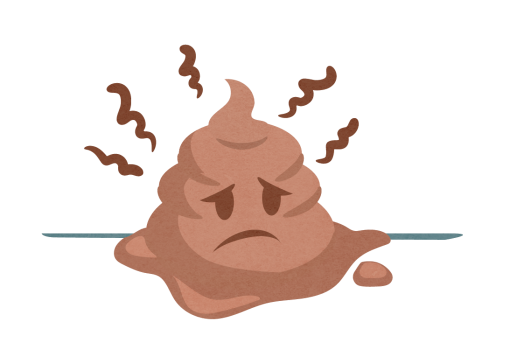
Soft, watery or mucous-like stools1
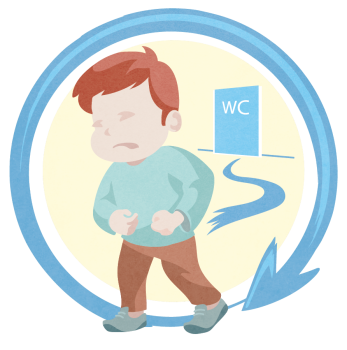
Passing motion more than usual1
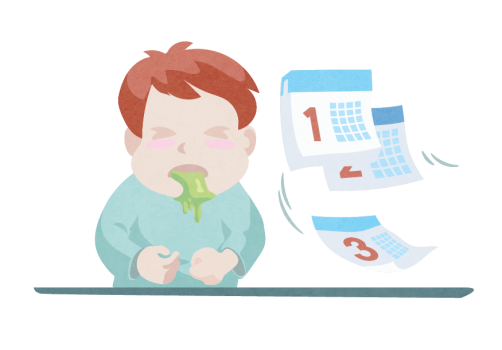
Soft, watery or mucous-like stools1
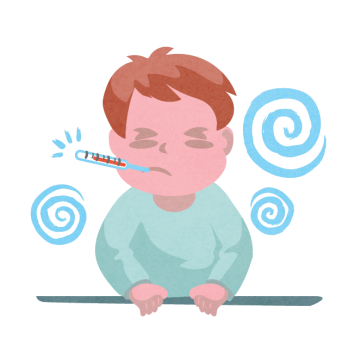
Having fever, red lips and difficulty breathing1
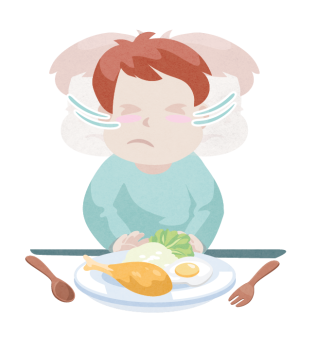
Loss of appetite1
Understanding the causes of diarrhoea
Here are some factors that may have caused diarrhoea:
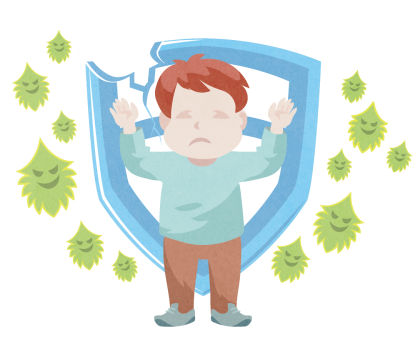
Viral Infections1,3
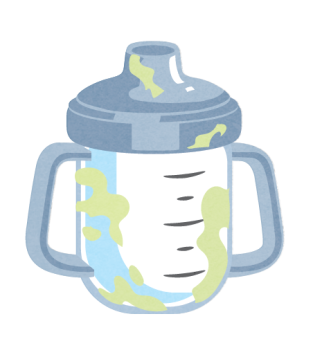
Food Poisoning3
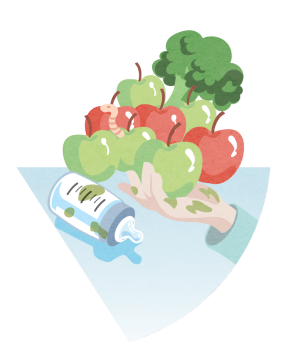
Forgetting or neglecting to wash hands before handling food, leading to exposure to germs that cause diarrhoea1,5

Not eating enough micronutrients2
How to ease diarrhoea in kids
If the diarrhoea is relatively mild, and your child’s behaving, eating and drinking reasonably well, good news – your little one will recover naturally in just a few days. Do ensure that your child is drinking enough water to replace the fluids lost.
If you are feeding formula to your child, you can continue giving formula without diluting it, along with food that he or she normally has during feeding.
Once they are passing firmer stools less than 3 times a day, kids will bounce back to normal in no time.

Drink plenty of cooled boiled water6
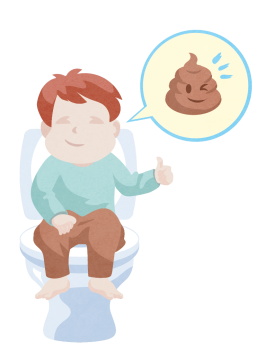
Continue to hydrate until your child is pooping solid stools less than 3 times a day
When to see a doctor
If your child is having persistent diarrhoea, it’s safer to seek your doctor’s advice.
While home remedies may offer some relief, they may not be enough if your child’s condition is not improving. If these are what your child is experiencing, do consult a doctor immediately:
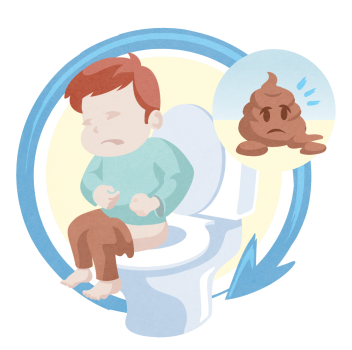
Passing loose stools repeatedly7
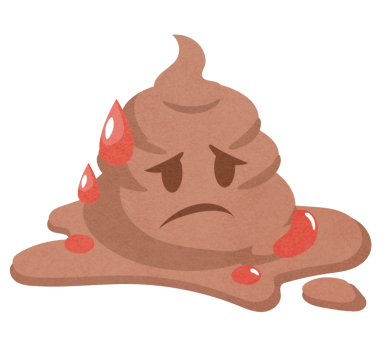
Blood in stools1
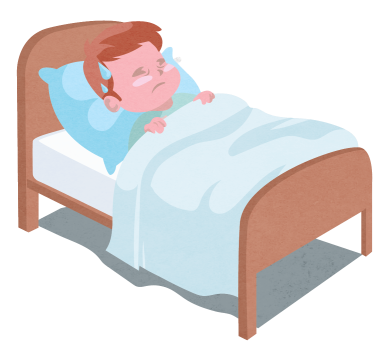
Fever and exhaustion, with sunken or dry eyes1,4
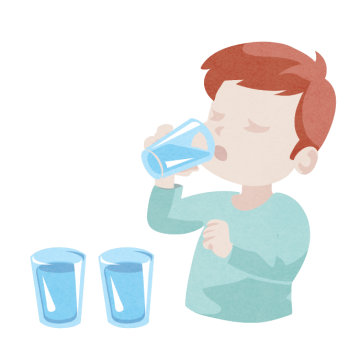
Feeling extremely thirsty1
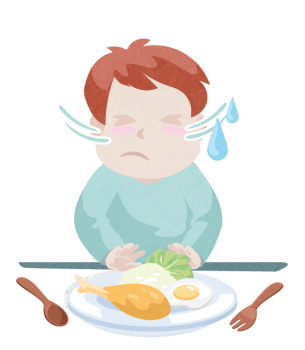
Unable or refusing to eat7
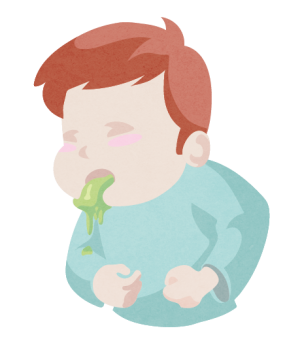
Continuously vomiting1
Take extra care
Children take years to build up their immune system. The younger they are, the more vulnerable they will be to infections – especially during their first two years. Though it’s common among children, mums should watch out for diarrhoea because it can become fatal if left unchecked in these early years. Should your child be having diarrhoea, do keep him or her well hydrated with liquids, electrolytes, and see a doctor quickly if things don’t improve.
References:
